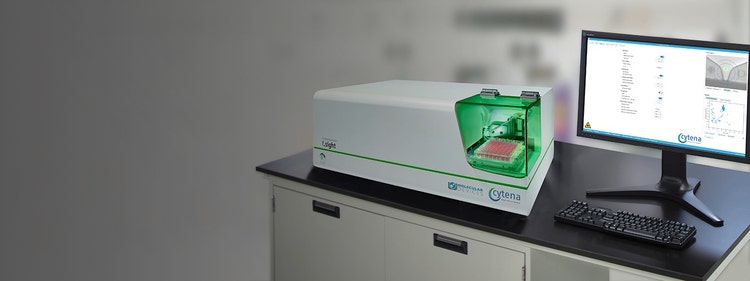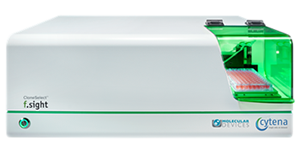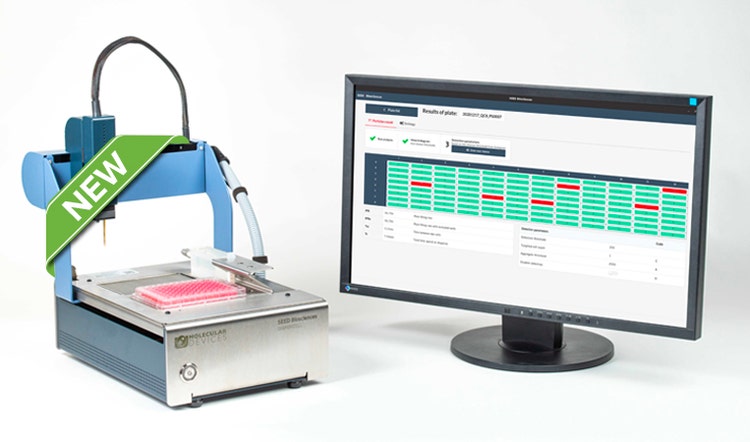Desktop

Mobile

CloneSelect Single-Cell Printer [Discontinued]
*PLEASE READ* Notice of Discontinuation
Molecular Devices continuously evaluates monoclonal verification technologies to ensure that a product’s quality, features, and pricing meet our customers’ expectations. As a result, we will no longer be offering the Cytena brand CLONESELECT® SINGLE-CELL PRINTER™ product line after December 30th, 2022.
Introducing our new single-cell dispensing technology
The DispenCell™ Single-Cell Dispenser is an automated laboratory instrument designed for fast, easy and gentle single-cell isolation for proof of monoclonality. Cell printing technology enables scientists to isolate single cell lines three times faster and at lower cost compared to existing solutions.

- Easy, intuitive setup with no cleaning or calibration required
- Software that provides instantaneous proof of clonality and traceability post cell dispensing
- Unique technology gently handles the cell sample for better viability and cloning efficiency compared to manual pipetting
- Benchtop-size designed to fit under a hood, on a bench, or in a pre-existing automated workflow
- A patented disposable tip to ensure clean isolation of single cells and no cross-contamination, which is certified free from animal products and cytotoxic material
